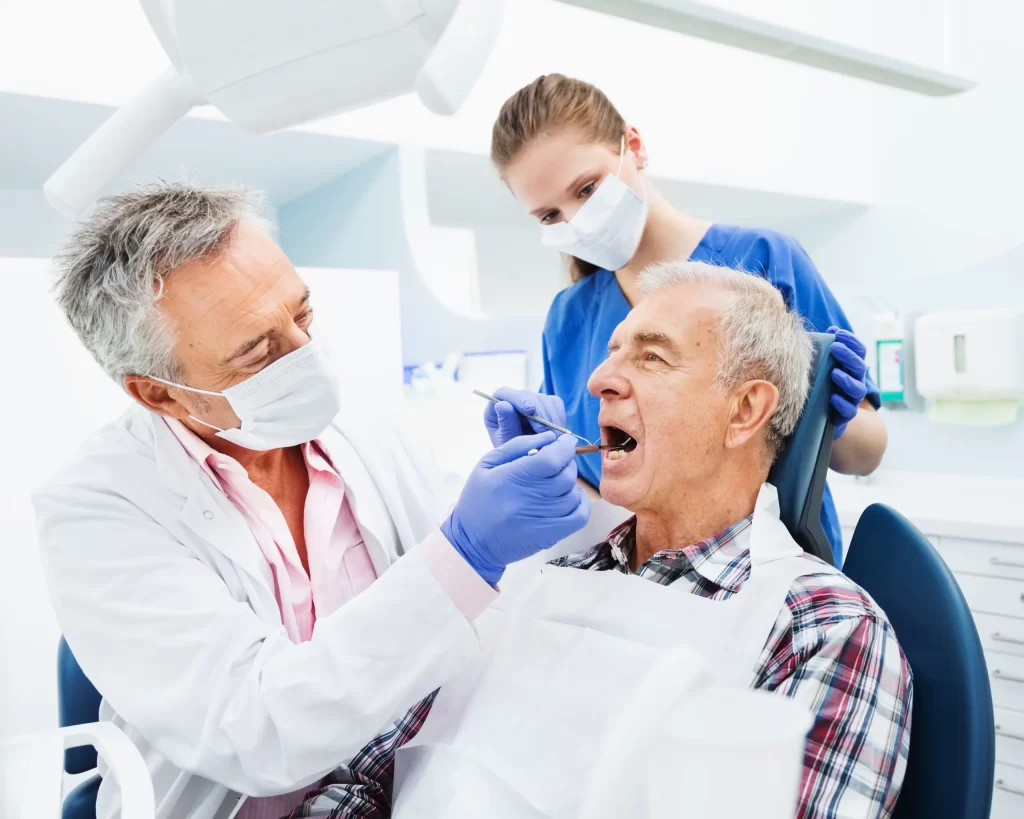When it comes to dental care, those with heart disease have specific needs. Before you visit the dentist in Kings Mountain, NC, think about these things if you have any of these cardiac issues.
Post-heart-attack dental treatment
Before getting any dental work done, it is a good idea to consult your cardiologist, who may advise you to wait. Notify your dentist if you are on any medications that thin the blood, such as anticoagulants. Some oral surgery procedures may be more prone to severe bleeding if these drugs are used. If you experience a medical emergency while visiting your dentist, you should inquire whether nitroglycerin and oxygen are on hand.
Hypertension, or high blood pressure,
Some medications used to treat hypertension can have side effects such as changes to taste or dry mouth. Gum swelling and overgrowth, which can make chewing difficult, is a side effect of many medications, including calcium channel blockers. Your dentist will likely recommend more frequent cleanings and offer you specific advice for oral hygiene if gum overgrowth is a problem. Periodontal surgery, often known as a gingivectomy, is sometimes necessary to remove extra gum tissue.
Inquire with your dentist whether the anesthesia they will use includes epinephrine if your dental treatment calls for it. A typical ingredient in topical anesthetics is epinephrine. It is essential to use caution while administering epinephrine to patients who are at risk of cardiovascular complications, such as the fast escalation of blood pressure levels to dangerous levels, angina, heart attacks, and arrhythmias.
Chest pain
An overgrowth of gum tissue may occur in patients using calcium channel blockers for angina. Gum surgery could be necessary in certain instances.
Suppose you have angina or have had a heart attack in the past. In that case, it is a good idea to inquire with your dentist about the availability of oxygen and nitroglycerin in an emergency.
If a patient’s angina is stable and happens in a predictable pattern, they can get any dental procedure they want. However, if their angina is unstable, meaning it comes on suddenly or without warning, they should not get any elective dental work done. They should only get emergency dental care in a facility that can monitor their heart rate.
Stroke
Notify your dentist if you are on any blood-thinning medications, especially if you have a history of stroke. Some oral surgery procedures may be more prone to severe bleeding if these drugs are used.
Your dentist may suggest using artificial saliva if your stroke has affected your saliva production. Your dentist may recommend fluoride gels, other ways of brushing and flossing, the addition of rinsing, or strategies that others can use to help you maintain proper oral hygiene if your stroke has impacted your face, tongue, dominant hand, or arm.




